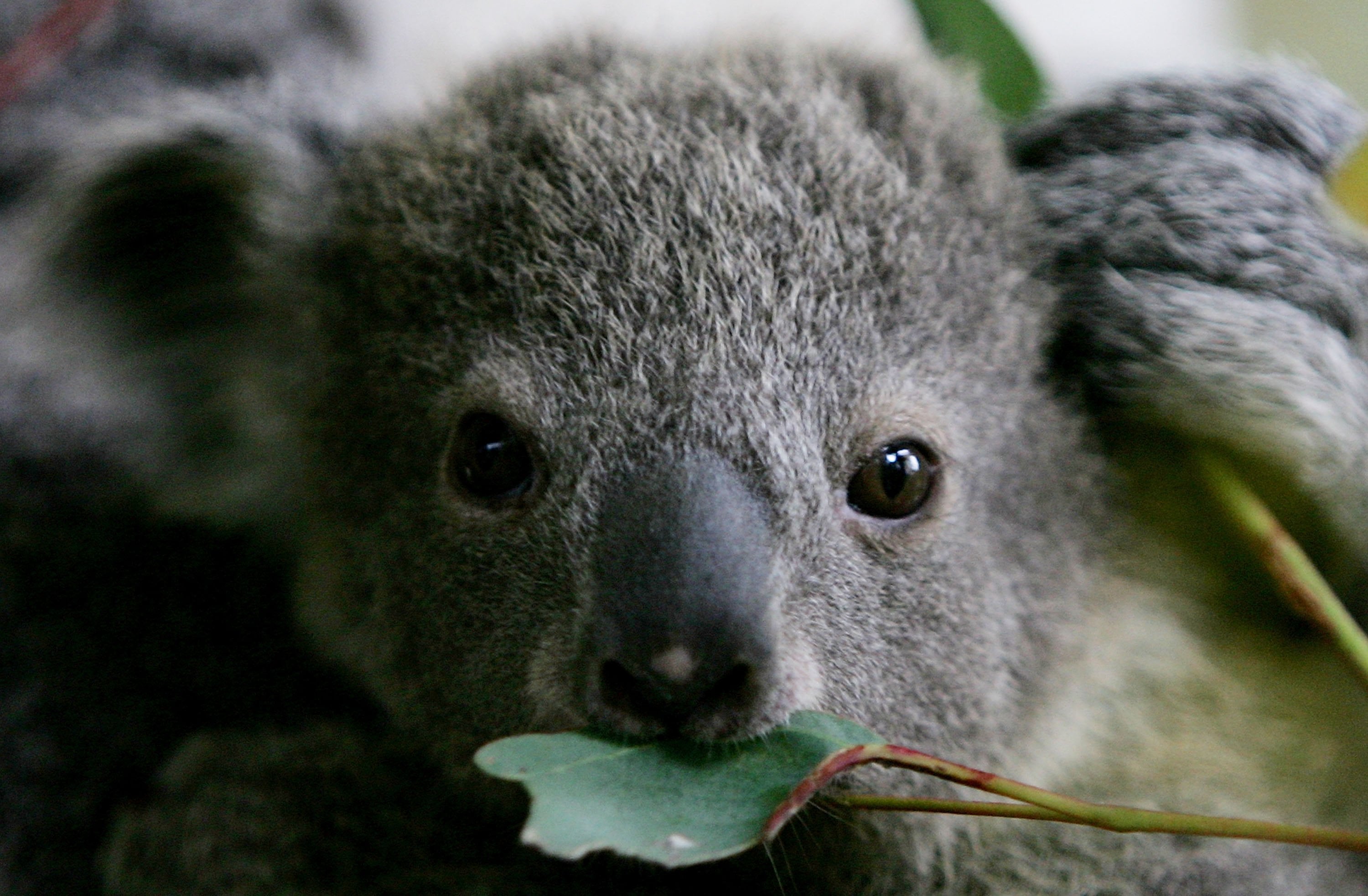Australia could list east coast koalas as endangered
It is thought that bushfires in 2019 and 2020 killed as many as 30 per cent of the population

Your support helps us to tell the story
From reproductive rights to climate change to Big Tech, The Independent is on the ground when the story is developing. Whether it's investigating the financials of Elon Musk's pro-Trump PAC or producing our latest documentary, 'The A Word', which shines a light on the American women fighting for reproductive rights, we know how important it is to parse out the facts from the messaging.
At such a critical moment in US history, we need reporters on the ground. Your donation allows us to keep sending journalists to speak to both sides of the story.
The Independent is trusted by Americans across the entire political spectrum. And unlike many other quality news outlets, we choose not to lock Americans out of our reporting and analysis with paywalls. We believe quality journalism should be available to everyone, paid for by those who can afford it.
Your support makes all the difference.Australia is considering listing koalas on the country’s east coast as endangered, Minister for the Environment Sussan Ley said on Friday in an emailed statement.
Australia already classifies east coast koalas as vulnerable, their numbers under pressure from logging, urban encroachment and a pervasive infection.
Also, bushfires across New South Wales and Queensland states in 2019 and 2020 are estimated to have killed as many as 30 per cent of the population.
Scientists and academics have warned that the iconic Australian mammal could become extinct by 2050 in New South Wales, and Ms Ley said she has asked the country’s Threatened Species Scientific Committee to consider including koalas on its endangered species list.
“We want to see koala populations recover and we are investing A$24 million (£13 million) in habitat restoration, disease and genome research, population mapping and veterinary support,” Ms Ley said.
Wildlife groups welcomed the move but said it should have happened much earlier.
“Had Australia put in place an independent compliance agency in 2012 when the koala in eastern Australia was first listed as vulnerable, we could have avoided this day. But we didn’t, we kept on with business as usual,” said Stuart Blanch, senior manager at WWF-Australia.
Reuters
Join our commenting forum
Join thought-provoking conversations, follow other Independent readers and see their replies
Comments